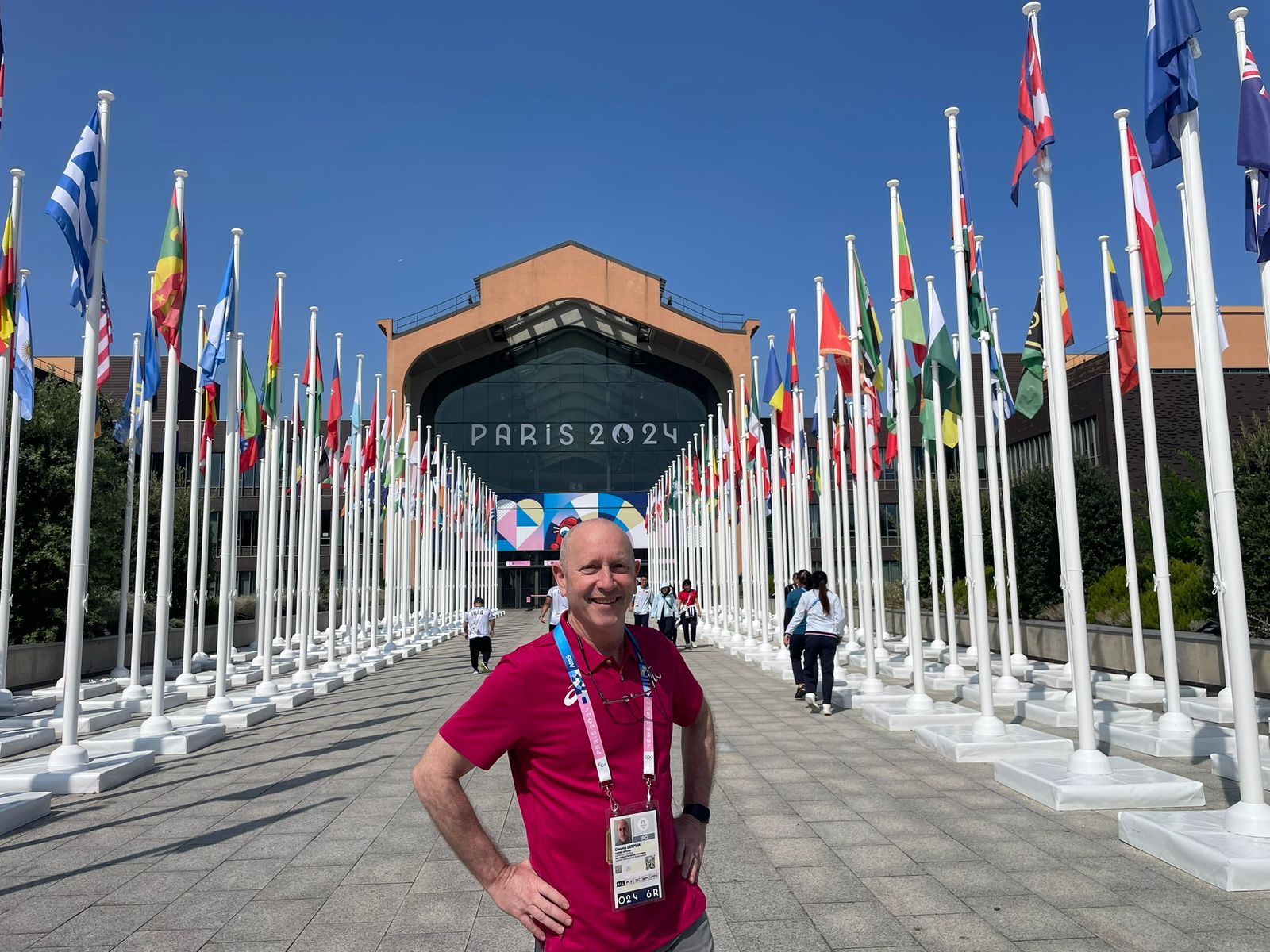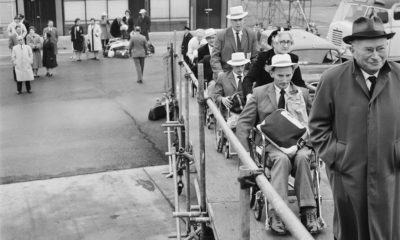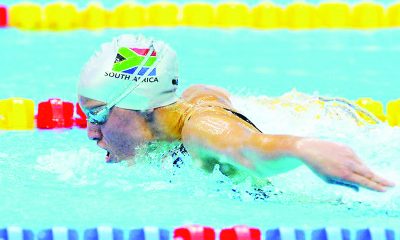
Sport

There for Paralympians from start to finish
Professor Wayne Derman will be in the thick of the action at the 2024 Paralympic Games in Paris as the International Paralympic Committee’s chief medical director.
Derman, the director and chairperson of the Institute of Sport and Exercise Medicine at Stellenbosch University, will be alongside the athletes on the warmup track and at the finish line, as was the case with previous Olympics and Paralympics he has been involved in.
Derman says the nice part of his job is getting to see so much great sport.
His role as medical director includes troubleshooting any medical issues, overseeing the medical teams at each venue, and doing injury surveillance and research.
“It was a nice surprise to be approached by the International Paralympic Committee to be the medical director for the Games,” Derman says. He joined the committee in 2012 following the London Games, and has been a part of it ever since, serving as chairperson and research lead.
He previously served as a chief medical officer for the South African team in the 2000 Sydney Olympics and the Athens Games four years later. “I then looked after the South African Paralympic team in Beijing [2008] and in London [2012]. When I subsequently went over to the international body, I did the Sochi Winter Games, the Rio Summer Games, the South Korea Winter Games, the Tokyo Summer Games, and the Beijing Winter Games.”
For this year’s Games, “We work closely with the French local organising committee, which takes care of the staffing of all the various different events to make sure that the athletes are safe and get the best possible care in the French health system,” Derman says.
He also helps the medical team shift gear from working with Olympic athletes to working with Paralympic athletes.
“On the illness side, we make sure that the conditions are absolutely optimal for peak performance and if there are any illnesses, we manage those accordingly. We also make sure that conditions are as healthy as possible and don’t expose the athletes to unnecessary risks of illness. For example, we monitor the heat, contagious diseases, air pollution, and water quality in the Seine.”
A surveillance dashboard is used by doctors to track if athletes are ill or injured. “We can look at why those injuries occur, and then put in place mitigating rules and regulations to diminish the risk. The dashboard was an iterative design that we started in 2012. IT programmers assisted us through the University of Stellenbosch. We have subsequently published the results after every Games in the British Journal of Sports Medicine.
“We made improvements to the dashboard and system at every Games and upgraded it to cater for new sports. By doing that, we see what the profile of injuries are in these sports and can work out a programme to diminish them.”
Derman says working with many top para-athletes, such as 13-time Paralympic Games gold medallist Natalie du Toit from South Africa, and other countries has been “an absolute eye-opening experience”.
“Paralympic athletes are much less likely to complain,” he says. “They have a broadly accepting quality. They are happier with what is, and can be in the moment. They possess a wonderful sense of humour, with an ability to have a good old laugh at themselves, and don’t take life as seriously as perhaps some other athletes do. I’ve always found that incredibly refreshing and humbling.”
Derman’s focus has always been on trying to make sure that every athlete at a pinnacle competition, be it a Paralympic or Olympic Games, doesn’t suffer injury or illness.
The athlete’s village for Paralympians in Paris boasts a polyclinic, a big medical facility with various specialist medical services.
Derman has always been passionate about sport. He has fond memories of the King David cross-country races. “In matric, I graduated to long-distance running,” he says. “Then, when I did medicine, I played football. When I finished medicine, I realised that there was no particular area of specialisation that interested me.”
His outlook changed when Professor Asher Dubb told him, “One of the recipes of success is to marry your passion with your work direction.”
Derman went on to play a part in the growth of sport and exercise medicine, an unknown field at the time. “I had to put in a lot of hard work pioneering in a speciality that didn’t exist. Many sleepless nights. But I’m happy I pursued this career.”
Following his passion has helped him go from being a straight-C student at school, where several subjects never piqued his interest, to being involved at the pinnacle of sporting competitions. He tells his children that doing what you love is one of the recipes for success.
“That was the turning point. I hit a double thrust when in medical school, I was fortunate to be one of the top students and to combine that with sport, my absolute love.”
Derman looks forward to seeing which South African athletes put their hands up at this year’s Paralympics. “A lot of the multiple medal winners for South Africa have retired. Charl du Toit, Anruné Liebenberg, Ilse Hayes, Arnu Fourie, Oscar Pistorius, and Natalie du Toit all left the sport. Hopefully new gold medal winners will come through in the next couple of quadrennials.”
Derman, who recently became a grandfather, has four children, who all got provincial colours in sport. “Your children help you find the balance,” he says, “because they quickly tell you when you’re not spending enough time with them. My youngest not only keeps me close, he keeps me active as well. He’s the one who pulls me into the garden for a soccer match or a game of table tennis. These days, I’m playing a full set of table tennis most nights.”










